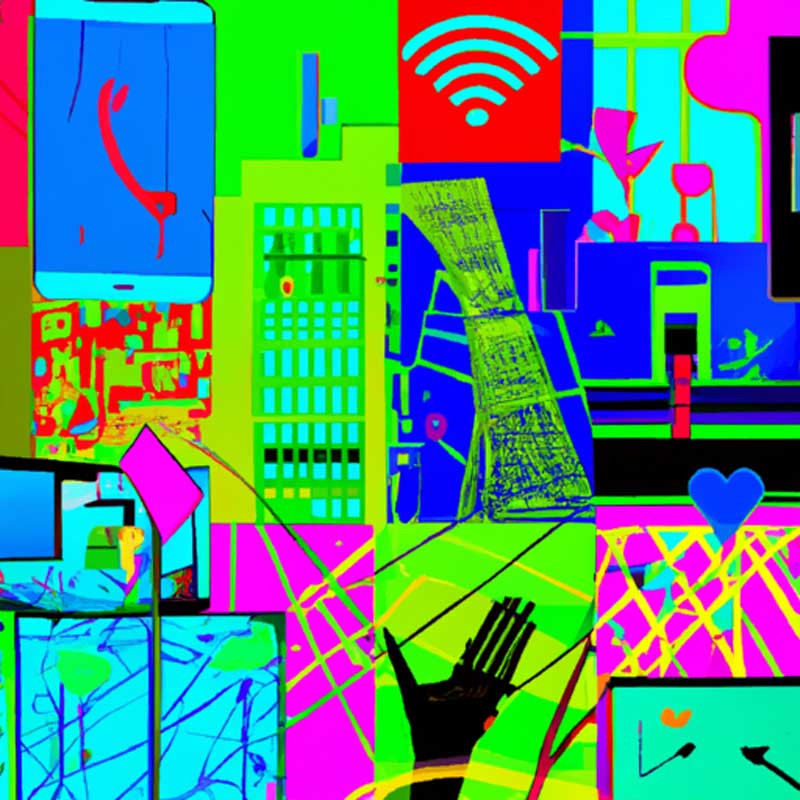- Twitch, a popular streaming platform, announced it is withdrawing a policy that allowed “artistic nudity” on the site, two days after implementing the change.
- The reversal comes after AI-generated women began appearing topless during streams, making it difficult to determine whether the content was digital art or photography. Experts raise deep concerns over the potential for “deepfake” abuse.
- Although the “artistic nudity” policy has been dissolved, other changes to Twitch’s sexual content rules are still being maintained, including allowing dances such as “twerking, grinding, and pole dancing” and body painting.
Twitch is reneging on its newest rules concerning “artistic nudity” after artificial intelligence-generated women started streaming topless on the platform. The company cited the sophistication of AI in generating lifelike images as the main cause for the swift policy retraction. “While I wish we would have predicted this outcome, part of our job is to make adjustments that serve the community,” said Twitch CEO Dan Clancy.
The “artistic nudity” policy, initially updated to appease complaints from artists who considered previous content rules limiting, stirred controversy shortly after its implementation. Some streamers took advantage of the relaxed restrictions, violating new guidelines put in place, resulting in swift action from the company.
Notably, the decision to allow nudity for the purpose of art also raised concerns over the potential misuse of AI-generated “deepfakes.” Just last year, Twitch imposed a ban on deepfakes following a controversy involving a Twitch streamer caught watching deepfake pornography during a stream. Deepfake pornography, which allows someone’s face to be superimposed onto another person’s body without consent, can inflict severe psychological trauma on the individuals falsified.
While the “artistic nudity” policy finds itself rescinded, Twitch has retained other alterations to its sexual content regulations. Such modifications include allowing content that emphasizes certain body parts and various dances, such as “twerking, grinding, and pole dancing”, under specific labeling requirements.
